Many people struggle with anxiety. It is a debilitating condition that can affect every area of your life. Severe anxiety is also often linked to depression. These issues of mental health can be very serious, and should not be ignored.
If you suffer from anxiety, it is important to treat it. There are many types of conventional medications available, but it is possible to treat mild anxiety with natural remedies, such as herbs. Knowing what herbs are good for anxiety can be very useful in helping you to overcome those anxious feelings.
However, herbal treatments can sometimes have negative side effects, particularly when taken in combination with other medications. If you are on any medication, before starting any herbal treatment it should be discussed with your doctor.
Good Herbs for Anxiety
There is no scientific proof that herbs are effective in treating anxiety, but there have been numerous studies done that do indicate that they may be helpful in alleviating some of the symptoms of mild anxiety. Herbs that can help to treat anxiety disorder include
-
Valerian
Valerian is a herb that is often used to treat anxiety disorders. The chemicals that are extracted from the root of the plant are known to have a calming effect. Valerian can often be used successfully to assist with sleeplessness.
Taking a valerian supplement every night shortly before bedtime can be helpful in inducing a peaceful, relaxed feeling, that will help you to fall asleep more easily.
Valerian is known to have certain potential side effects. Because it induces drowsiness, it should not be taken during the day, or at times when you need to remain fully alert.
If you are using a valerian supplement, it is important to read the dosage instructions on the pack. Do not exceed the recommended daily dose. Taking too much at night can cause residual drowsiness the next morning. You may find yourself feeling sluggish for a large part of the day.
Valerian can occasionally have the reverse effect, and act as a stimulant. It may cause you to stay awake, and exacerbate your disturbed sleep.
There have been reports of people suffering from headaches and stomach cramps as a side effect of taking valerian. It should be used with caution.
-
Chamomile
Chamomile is a popular herb that is known for its soothing and calming properties.
Made from the flowers of the chamomile plant, the best way to take chamomile is in the form of a tea.
The flowers should be dried completely, and then steeped in boiling water to make the tea. Sipping on a glass of warm chamomile tea is a wonderful way to relax.
If you suffer from anxiety, drinking chamomile tea regularly may help you to destress, and you will feel calmer and more in control.
Chamomile tea is perfectly safe to drink on a daily basis. If you find that it makes you feel drowsy, it may be best to drink it at night only.
Chamomile has numerous other health benefits. A daily cup of chamomile tea can help to protect the kidneys, and can also help to keep blood sugar levels under control.
Chamomile tea can help with weight loss, as it promotes the build-up of gastric juice, aiding with digestion. It helps you to digest food more quickly. It also acts as a mild appetite suppressant.
Chamomile tea has been reported by many people to be helpful in alleviating the discomfort of menstrual cramps.
-
Lavender
Lavender is a herb that is loved for its pretty, pale lilac flower and its distinctive fragrance. It is known to have calming properties that are useful in treating mild anxiety.
The essential oils that are made from the lavender plant are used extensively in aromatherapy. Anyone who has had an aromatherapy massage with lavender oil will know the wonderful sensation of floating on air, after a treatment.
Lavender is used in the cosmetics industry to add a distinctive fragrance to products like body lotions, hand creams, soaps, and shampoos. The delicate aroma is soothing, calming, and can help to keep anxious feelings under control.
Anxiety can seriously affect a person’s sleep. Unfortunately, it is a vicious cycle. The more anxious you are feeling, the less likely you are to fall asleep. And the less sleep you get, the more anxious you may feel.
A few drops of lavender oil on your pillow at night can help to induce peaceful sleep and can avert the anxiety caused by insomnia.
-
Lemon balm
Lemon balm is a member of the mint family. While there is no scientific evidence to prove it conclusively, sipping a tea made with lemon balm leaves is thought to be able to help to alleviate some of the symptoms of anxiety.
It is also useful for dealing with stress and may help to overcome sleeplessness caused by insomnia.
To make lemon balm tea, pick a few leaves of fresh lemon balm, and pour boiling water over the leaves. Allow it to stand for a few minutes, before drinking the infusion.
Lemon balm is known to have antiviral properties. It can be used as a cream to treat certain skin conditions and is known to be effective in reducing the irritation caused by cold sores.
Lemon balm contains antioxidants that have anti-inflammatory properties. It is useful in treating topical skin inflammation.
-
Kava kava
Kava kava, or just kava, is a bitter-tasting herb that originates in the Pacific area. It is known to have strong calming effects and is often considered to be a herb that is good for anxiety.
The chemicals in kava are called kava pyrones. These chemicals are extracted from the root of the kava plant. They are known to have a powerful effect on the brain, causing a similar effect to that caused by alcohol. They induce a feeling of calm, relaxation, and serenity.
Kava is known to be beneficial in treating insomnia caused by anxiety. It also helps you to relax your muscles and generally induces a feeling of well-being.
A word of caution about kava: It is known to potentially have certain harmful side effects when used for an extended period. Taking kava daily for more than a few weeks can affect your weight, causing you to drop weight for no apparent reason.
Kava can cause digestive problems. It is known to affect the digestive tract and can cause feelings of bloating and abdominal discomfort. It can also occasionally cause nausea.
It can inhibit your mood. It could make you lose interest in what is happening around you, and induce feelings of lethargy and apathy. This can possibly lead to depression, which can be serious.
Excessive use of kava has also been known to affect the liver, causing severe liver damage in certain cases. It is thought that kava is hepatotoxic. This means that it is harmful to the liver, and can cause liver damage.
For the above reasons, the use of kava has been banned in many countries. In Canada and the United Kingdom, the use of kava is heavily restricted, because of its potentially harmful side effects.
-
Passionflower
Passionflower is a herb that is known to be good for anxiety. Studies have shown that the flowers of this plant, native to various parts of both North and South America, have numerous properties that are effective in alleviating some of the symptoms of anxiety.
Passionflower is taken in the form of a medicinal supplement. It is not only considered to be effective in treating anxiety. It also thought to be helpful in overcoming stress and tension.
Many people suffering from insomnia have reported that taking passionflower supplements has helped them to overcome the problems associated with sleep disorders.
Passionflower has other health benefits too. It is known to help to alleviate some of the discomforts of the symptoms of menopause. The hot flashes and mood swings that are associated with menopause are thought to be kept under control with the regular use of passionflower.
Children and adults who have been diagnosed with ADHD, or attention deficit hyperactivity disorder, may sometimes find that taking passionflower helps to keep them more focused and attentive.
As a topical preparation, passionflower is a good treatment for minor skin ailments and rashes. It is also good for reducing the pain and swelling of mild burns. It has been shown to be an effective treatment for hemorrhoids.
Because of its anti-inflammatory properties, passionflower acts as an analgesic and can help to alleviate mild pain. It is effective in reducing the pain and discomfort of headaches.

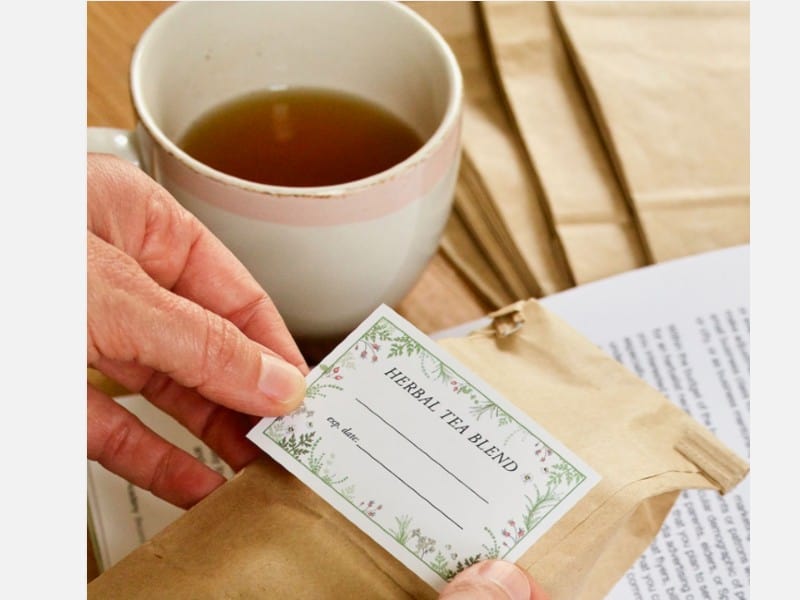
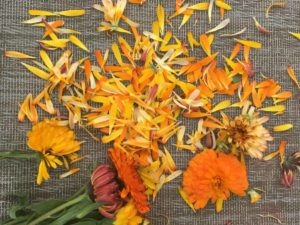
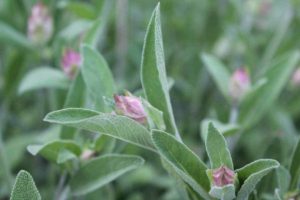
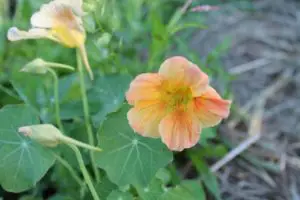
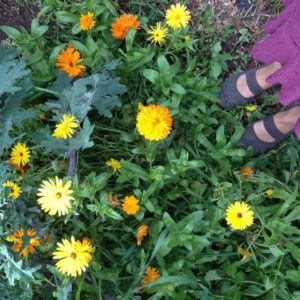
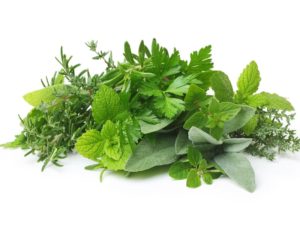
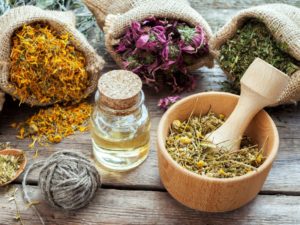

Remarkable Blog Posts!! Great work Buddy.
Sound so innovative!! It’s so mesmerizing to read this